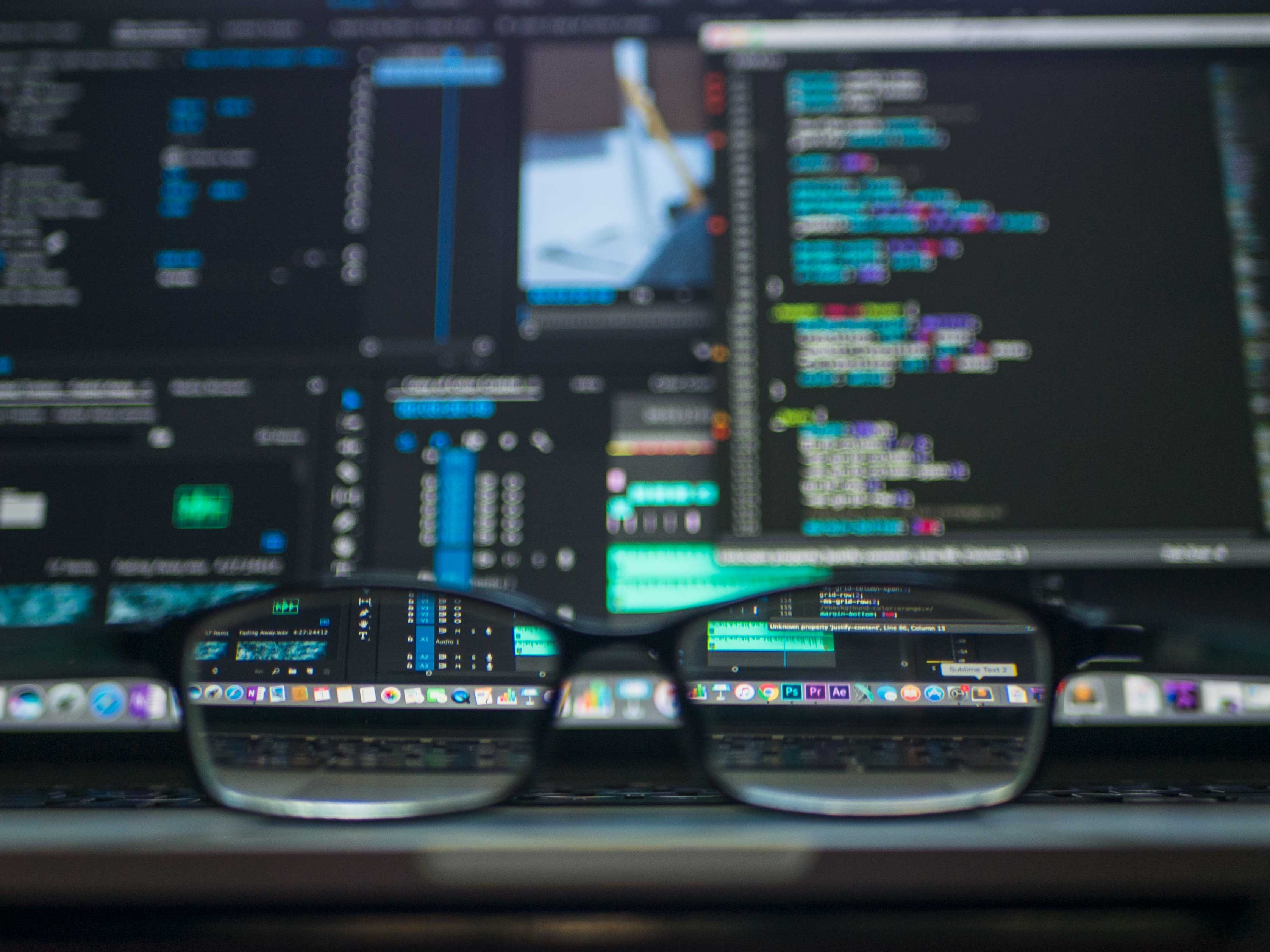From Beginner to Pro: Using the GitHub Checklist to Improve Your Coding Skills

2023-6-23 - Michael Colley
5 min read
Are you a beginner in coding and looking to improve your skills? If yes, then you have come to the right place. GitHub, the world's largest platform for software developers, has recently introduced a new feature called the "GitHub Checklist." This checklist can help you improve your coding skills and take your programming to the next level.
What is the GitHub Checklist?
The GitHub Checklist is a list of tasks that you need to complete to ensure that your code is up to the mark. It includes tasks such as adding documentation, writing tests, and ensuring that your code is properly formatted. The checklist is customizable, so you can add or remove tasks based on your project's requirements.
How can the GitHub Checklist help you?
The GitHub Checklist can help you in several ways. Firstly, it ensures that your code is of high quality, which is essential for any project. It helps you to organize your work and ensures that you do not miss any critical steps. Additionally, it can help you to collaborate with other developers by providing a standardized set of guidelines.
How to use the GitHub Checklist?
Using the GitHub Checklist is easy. You can create a new checklist from the GitHub repository settings tab. Once you have created the checklist, you can customize it to suit your project's requirements. You can also assign tasks to team members and track their progress.
Tips for using the GitHub Checklist
Here are some tips for using the GitHub Checklist:
- Customize the checklist to meet your project's requirements.
- Assign tasks to team members to ensure that everyone is on the same page.
- Use the checklist to track progress and ensure that all tasks are completed.
- Review the checklist regularly to ensure that it is up to date and relevant.
The GitHub Checklist is an excellent tool for improving your coding skills. It can help you organize your work, ensure that your code is of high quality, and collaborate effectively with other developers. By using the GitHub Checklist, you can take your programming skills to the next level and become a pro in no time.
Simplify Your GitHub Experience: A Comprehensive Checklist
GitHub is an essential tool for developers and designers to collaborate on projects, share code, and build communities. However, managing your GitHub account can be overwhelming, especially for beginners. To simplify your GitHub experience, we've created a comprehensive checklist that covers everything you need to know.
1. Customize Your Profile
Your GitHub profile is your identity on the platform. Make sure to customize it to showcase your skills and interests. Here are a few things you can do:
- Add a profile picture
- Write a bio
- Add your location and website
- Pin your most popular repositories
- Add your skills and languages
2. Learn Git Basics
Git is a version control system that GitHub is built on. Understanding Git basics is essential for managing your repositories on GitHub. Here's what you need to know:
- Create a repository
- Clone a repository
- Push changes to a repository
- Pull changes from a repository
- Create a branch
- Merge a branch
3. Follow Best Practices
Following best practices can help you manage your repositories more efficiently and collaborate effectively with other developers. Here are a few things to keep in mind:
- Write clear commit messages
- Use descriptive branch names
- Use pull requests for code reviews
- Write clear documentation
- Use issue tracking
4. Use GitHub Extensions
GitHub has many extensions that can help you manage your repositories more efficiently. Here are a few extensions you can use:
- GitHub Desktop: A desktop application for managing your repositories
- Octotree: A browser extension that adds a tree view of your repositories
- ZenHub: A project management tool that integrates with GitHub
- Travis CI: A continuous integration service that integrates with GitHub
5. Participate in the Community
GitHub is not just a platform for managing repositories. It's also a community of developers and designers who collaborate and share their work. Here are a few ways to participate in the community:
- Contribute to open source projects
- Attend GitHub events and meetups
- Follow interesting developers and designers
- Participate in discussions on GitHub
- Share your work on GitHub
In conclusion, GitHub can be overwhelming, but by following this comprehensive checklist, you can simplify your GitHub experience and become a more efficient developer or designer.